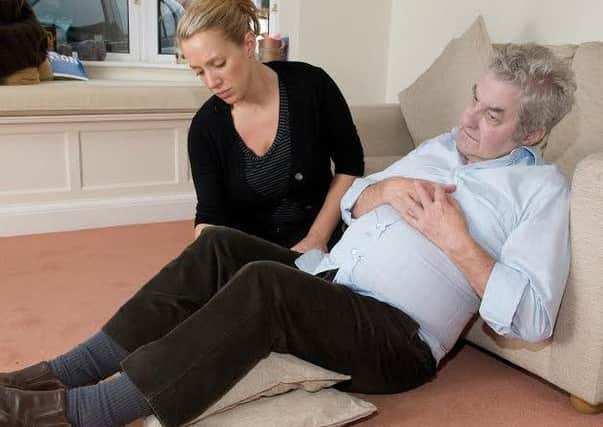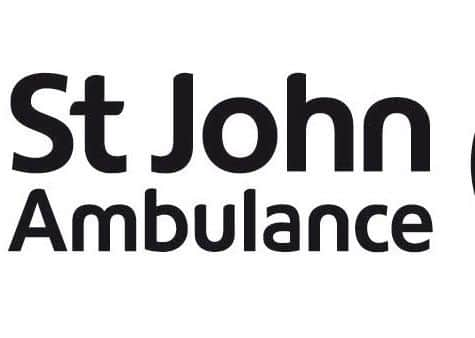GUEST COLUMN: How to help someone who is having a heart attack, by Dr Tim Baker, St John Ambulance


Some of the symptoms to watch out for include chest pain and discomfort, shortness of breath, nausea, vomiting and back or jaw pain.
Lots of people make a full recovery from a heart attack, but there’s a serious risk that the heart might stop beating – called a cardiac arrest. So it’s vital that you treat someone having a heart attack straight away, otherwise they could die.
Advertisement
Advertisement
If you think someone is having a heart attack, look for the four Ps:


• Pain – a continuous pain in the chest, which could spread to the jaw, neck or arms
• Pale skin
• Pulse that is rapid and weak
• Perspiration/sweating


People who have angina are more likely to have a heart attack. Angina happens when the arteries to the heart become narrow and the heart muscle can’t get enough blood. This can happen when someone’s doing a physical activity but is even more of a concern if it happens at rest.
Angina pain is usually a tight chest pain, which may ease if they rest straight away and take angina medication, and may only last a few minutes. If the pain lasts longer, presume it’s a heart attack.
What to do if some is having a heart attack...
Advertisement
Advertisement
• Call 999 or 112 for medical help and say you think someone is having a heart attack.
• Then, help move them into the most comfortable position. The best position is on the floor leaning against a wall with knees bent and head and shoulders supported. This should ease the pressure on their heart and stop them hurting themselves if they collapse.
• Give them a 300mg aspirin, if available and they’re not allergic, and tell them to chew it slowly.
• Do not give them any liquid.
• Be aware that they may develop shock. Shock does not mean emotional shock, but is a life-threatening condition, which can be brought on by a heart attack.
Advertisement
Advertisement
• Keep checking their breathing, pulse and level of response.
• If they lose responsiveness at any point, open their airway, check and, if they’ve stopped breathing, you will need to do CPR.
For more information visit www.sja.org.uk